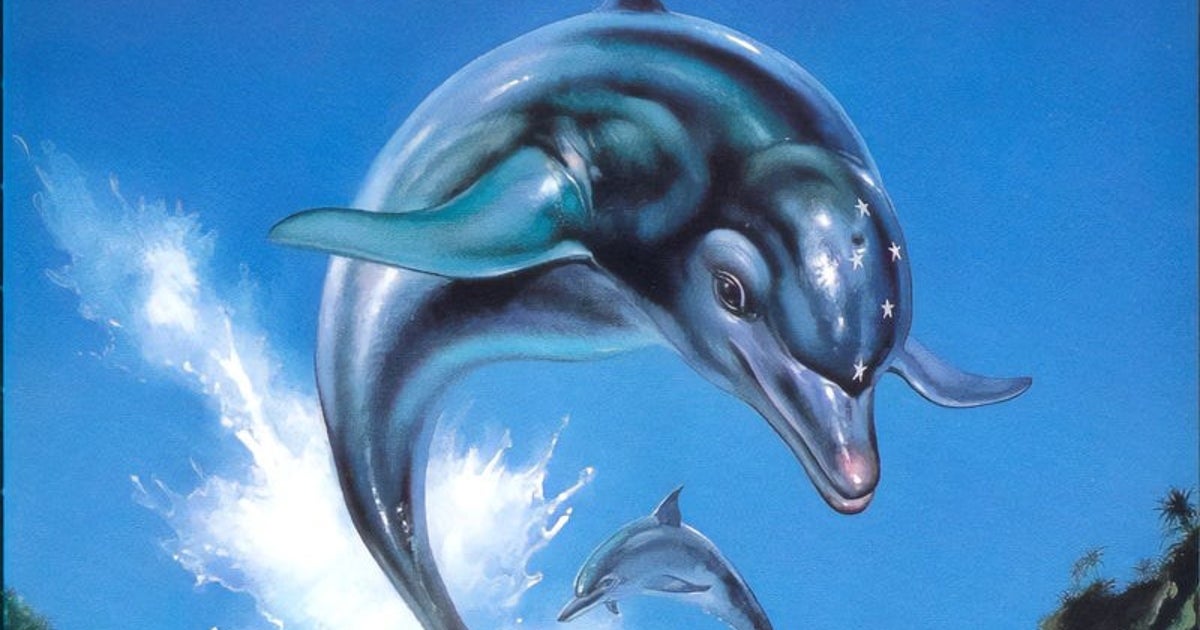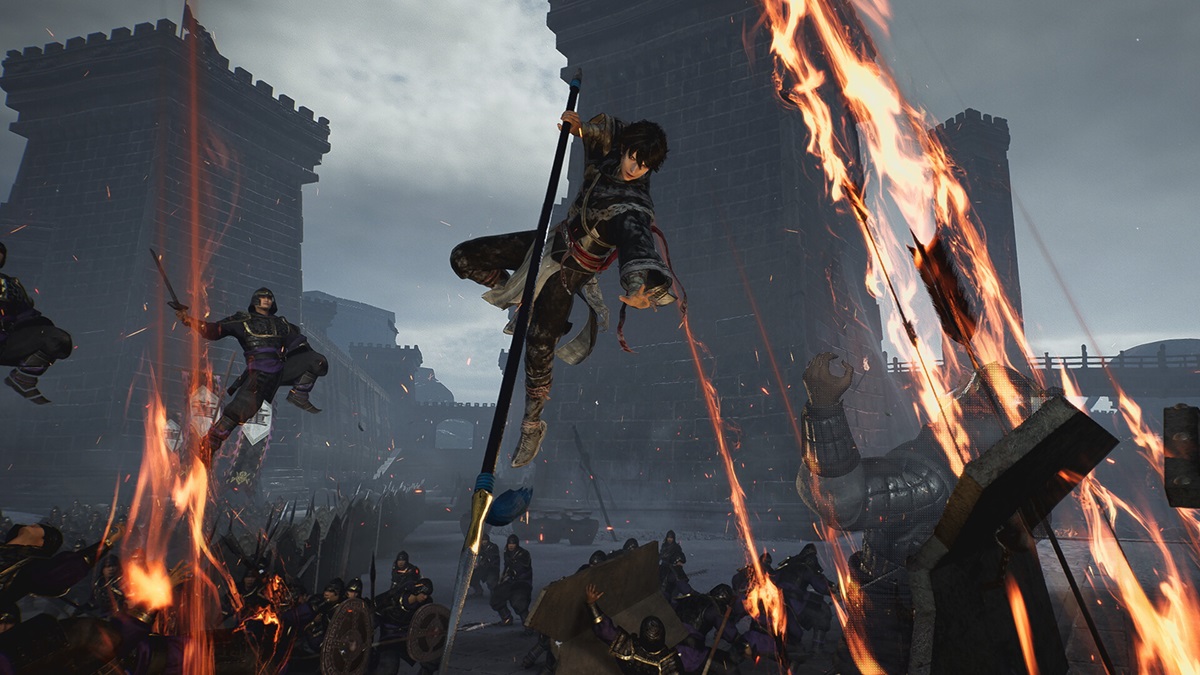If your takeaway from Robert Eggers’ Nosferatu was “Damn… Ellen is lowkey a freak 👀”, I need you to know that Ellen (Lily-Rose Depp) is far from the freakiest character in a Dracula adaptation.
[Ed. note: Spoilers for Nosferatu (2024), Bram Stoker’s Dracula (1992), and Dracula in general.]
I’ve seen split reactions to Ellen’s desire to get down with vampiric Count Orlok. Some people think Nosferatu was just the right amount of horny. Others think it was too horny. And some, like myself, think it could’ve been hornier!
Maybe that’s just because the entire time I was thinking about Bram Stoker’s Dracula (1992) in all its horny, campy glory.
Starring Keanu Reeves in what is widely regarded as one of his worst roles (along with Winona Ryder and Gary Oldman), Bram Stoker’s Dracula is unabashedly campy and over the top — something I personally believe all Dracula adaptations ought to strive for. Director Francis Ford Coppola played up the decadence and hedonism in the film, with gorgeous set design, lush costumes, and a lot of characters getting their freak on.
Unlike in Eggers’ Nosferatu, almost every character in Dracula (1992) is horny. There’s Miss Lucy Westenra and her three prospective suitors that she cannot possibly choose between (one of them is a cowboy; not that it’s important for the horniness meter, but I just need to emphasize that there is a cowboy in Dracula). She and Mina also have a deep, intimate, homoerotic friendship. Jonathan Harker (Keanu Reeves) has a strange ghost orgy with Dracula’s monstrous brides.
But the scene that I think best represents the difference between Nosferatu (2024)’s horniness and Bram Stoker’s Dracula is the one where Dracula (Oldman) visits Mina Harker (Ryder).
In this version of Dracula, the Count believes Mina is the reincarnation of his beloved bride Elisabeta. His fixation on her isn’t just because he hungers for her blood, but because he wants to turn her into his immortal lover. It’s a bit like Orlok and Ellen’s psychic connection in Eggers’ version, but what makes it even juicier is that Mina doesn’t have any link to Dracula. He just swooped in — all suave, charismatic, and European – to woo her, and even though Mina loves Jonathan, she’s entranced by this mysterious stranger and falls under his spell.
So when he comes to her room late at night to feast on her blood and change her into a vampire, it’s intense and tortured and just delicious — and they never even actually have sex. But they writhe in bed as Mina moans in his arms. Dracula has second thoughts, not wanting to damn the woman he loves to this unlife. But she begs him to make her his and then looks him right in the eye as she lowers her head and licks blood out of an open wound in his chest!
MAN!
Compared to Mina and Dracula, Orlok and Ellen’s scene in Eggers’ Nosferatu is almost tame. Which is wild, because Mina and Dracula don’t even actually bang. But there’s more mutual obsession, more heightened fervor, more focus on both of the characters’ internal struggles. This isn’t a sacrifice Mina makes to save the world; it’s a selfish decision that could possibly spell doom, but one she’s making because she wants it so damn bad.
Eggers’ Nosferatu is more in line with F.W. Murnau’s original 1922 silent film (itself a loose-ish adaptation of Dracula), where the ending is more elegiac and sad. In this case, the scene with Orlok isn’t supposed to be a culmination of her desires. Making it super horny would undermine the poignance.
However, Coppola’s Dracula really leans into the horniness all around. So it makes sense that the night Mina and Dracula share is built on reciprocated infatuation and desire, even in the face of certain doom. That’s what makes it so intriguing!
And I’m saying this as someone who normally dislikes modern adaptations that lean into the Dracula x Mina of it all (justice for Jonathan Harker, wife guy). The 1992 Dracula scene was just so erotic that it completely sold me.
The horniness in Dracula isn’t a modern perversion. It’s actually the right way to adapt the source material. Vampires have historically represented the taboo, especially when it comes to sexuality, and Stoker’s original Dracula was no exception. Different filmmakers will play up different aspects of the themes in the story. But Coppola nailed that specific vibe of mutually destructive horniness that caters oh so specifically to me — and to anyone else who may have wanted the Eggers version to more openly embrace the indulgent sexuality threaded through the source material.
Bram Stoker’s Dracula is available to rent on Amazon Video and YouTube. Nosferatu is now in theaters.

 17 hours ago
6
17 hours ago
6











 English (US) ·
English (US) ·